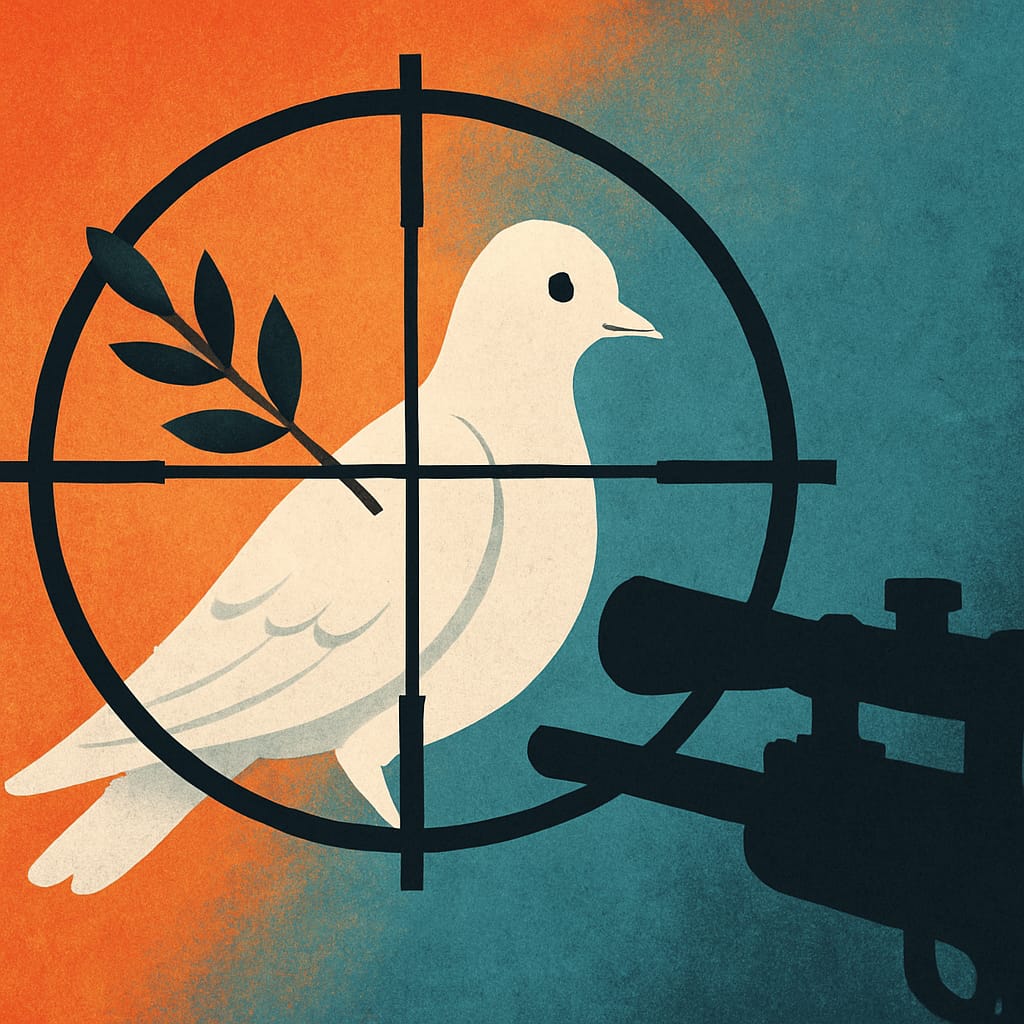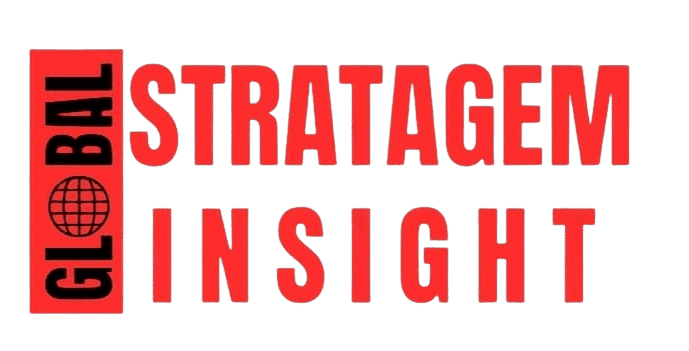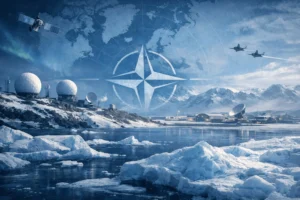Peace in the Crosshairs: The Need to Renew and Reinvigorate NAP 2.0

Peace in the Crosshairs: The Need to Renew and Reinvigorate NAP 2.0
The assassination of a senior leader of the Awami National Party (ANP), Maulana Khanzeb, on July 10, 2025, in Bajaur, Khyber Pakhtunkhwa (KP), sent shockwaves across Pakistan’s political and civil society landscape. Known for his unwavering commitment to peace and his vocal opposition to extremism, Khanzeb was fatally shot while campaigning for a peace parade scheduled for July 13. His killing is not an isolated incident but part of a disturbing trend of targeted violence against moderate voices in KP, a region increasingly victimized by militant resurgence.
Contextualizing Targeted Killings in KP
Khyber Pakhtunkhwa has witnessed a dramatic escalation in terrorism-related incidents in recent years. According to a semi-annual report by the Central Police Office (CPO), the first half of 2025 alone saw 41 incidents of targeted killings, 80 IED attacks, 5 suicide bombings, and 756 terrorism-related cases. These include a suicide bombing on February 28, 2025, in Darul Uloom Haqqania in Akora Khattak, Khyber Pakhtunkhwa, during Friday prayer, killing Hamid Ul Haq Haqqani, a prominent politician and Islamic scholar, and six others. On March 15, 2025, another prominent Islamic cleric and preacher, and the founder of Lashkar-e-Islam, Mufti Munir Shakir was killed in a bombing outside the mosque in Peshawar, and a most recent attack on July 2, 2025, in which five government officials, including an Assistant Commissioner of Nawagai, Faisal Sultan, were killed in a roadside bomb attack in Bajaur District.
In recent months, the Minister of State on Tribal Affairs, Mubarak Zeb Khan’s residence was attacked twice in Bajaur District, once with an IED and again with a rocket, but no one was reported injured. Earlier in March, the brother of former Jamaat-e-Islami Senator Mushtaq Ahmed Khan’s brother, Shakeel Ahmed Khan, was shot dead in Swabi.
These figures reflect a deteriorating security environment, particularly in districts like Bajaur, North Waziristan, and Kurram. The resurgence of militant groups, including factions of Tehreek-e-Taliban Pakistan (TTP), has led to increased attacks on political leaders, tribal elders, and civil society activists.
Maulana Khanzeb’s assassination fits squarely into this pattern. As a religious scholar and peace advocate, he represented a threat to extremist ideologies that thrive on fear and division.
The Case of Maulana Khanzeb
Khanzeb was a prominent figure in Bajaur, serving as the ANP’s Central Secretary for Ulema Affairs and a former parliamentary candidate. He was known for using religious reasoning to counter extremist narratives and had actively participated in peace marches organized by the Bajaur Peace Action Committee.
On July 10, 2025, while traveling through Shindai Mor in Bajaur, Khanzeb’s vehicle was ambushed by unidentified gunmen on motorcycles. This incident occurred near Khar Headquarters, a high-security zone located next to FC and Army camps. Khanzeb sustained multiple gunshot wounds and later succumbed to his injuries. A police constable was also killed, and three others were injured. In response to the attack, the locals protested and placed Khanzeb’s body at Khar Bazar.
The attack occurred just days before a planned peace parade, underscoring the risks faced by those who challenge militant dominance in the region. No group claimed responsibility, but police officials described the incident as a “targeted terrorist attack”.
Motives Behind Targeted Killings
Targeted killings in regions like Khyber Pakhtunkhwa are rarely random acts of violence; they are deliberate, strategic, and often ideologically driven. Individuals such as Maulana Khanzeb, who represent moderation, scholarship, and advocacy for peace, pose a direct threat to extremist groups that rely on fear, rigid dogma, and political instability to maintain influence. Khanzeb, both a religious scholar and political figure, challenged the militant narrative by using faith to promote non-violence and by mobilizing communities through organized peace campaigns. His intellectual works, published in Pashto, and his association with the Awami National Party (ANP) made him a symbolic leader of resistance against radicalization.
Militants often target such individuals to silence dissent, destabilize progressive political movements, and send a message of intimidation that reduces civil activism. These killings reveal serious security flaws, particularly in tribal areas where law enforcement is weak and justice is often delayed. The psychological impact goes beyond the act itself, fostering self-censorship, fear, and erosion of public trust in democratic institutions. In Khanzeb’s case, his assassination was not just political, but also an effort to erase a counter-narrative rooted in unity, education, and enlightened religious thought.
Khanzeb’s assassination was not driven by personal enmity, according to police investigations, but by his public stance against militancy.
State Response and Security Gaps
The reaction from state institutions has been mixed. KP Chief Minister Ali Amin Gandapur condemned the attack and ordered an investigation, promising that “those involved will not escape the grip of the law”. However, ANP leaders expressed deep frustration with what they described as “criminal silence” from state institutions.
ANP’s Central President, Senator Aimal Wali Khan, announced that the party would file an FIR after consulting with Khanzeb’s elder brother, Sheikh Jahanzada, against the state, accusing it of enabling violence through inaction. He alleged that over 40,000 militants had been resettled in KP, operating freely and targeting ANP leaders with impunity.
This accusation reflects a growing sentiment among civil society that the state has failed to protect moderate voices and may even be complicit in their suppression.
Political Fallout and Public Reaction
Khanzeb’s killing sparked protests in Bajaur, with demonstrators accusing state institutions of complicity. Tear gas was used to disperse crowds near the Bajaur Scouts checkpoint. ANP declared three days of mourning and suspended all political activities, hoisting black flags in solidarity.
The incident also reignited debates about the merger of tribal districts into KP, a move Khanzeb had supported. His death is seen by many as a blow to the fragile peace process and a setback for democratic integration in the region.
Conclusion: A Call for Structural Reform
Maulana Khanzeb’s assassination is emblematic of a broader crisis in KP, one where peace advocates are hunted, and extremism flourishes under the shadow of state neglect, highlighting the urgent need to renew and reinvigorate Pakistan’s National Action Plan (NAP). Originally launched in 2014 as a comprehensive counterterrorism strategy, NAP laid out twenty points aimed at taking down militant networks and promoting ideological reform. While military operations like Operation Zarb-e-Azb and Operation Radd-ul-Fassad under NAP were somewhat successful in suppressing organized militancy, the plan’s softer dimensions, such as madrassa regulation, promoting counter-narratives, protecting civil society, and ensuring judicial accountability, have seen limited or inconsistent implementation.
Khanzeb’s death, carried out in broad daylight during a peace campaign, underscores how moderate voices committed to harmony and reform remain exposed to violent retaliation. In regions like Khyber Pakhtunkhwa, where extremist groups have reportedly re-established footholds and civil society is increasingly under siege, the gaps in the NAP become glaring. Pakistan must evolve toward NAP 2.0, a reimagined version of the original strategy that places equal weight on security, ideological resistance, and community empowerment.
This would include proactive protection of peace activists, investment in religious and civic education, political inclusion of marginalized districts, and improved judicial mechanisms to ensure that terrorism cases are dealt with swiftly and transparently. Reviving NAP is not just a strategic necessity; it is a moral responsibility to protect the legacy of figures like Maulana Khanzeb and ensure that those who stand for peace are no longer forced to pay with their lives. To honor his memory, Pakistan must confront the forces that silenced him and ensure that voices for peace are no longer left in the crosshairs.



